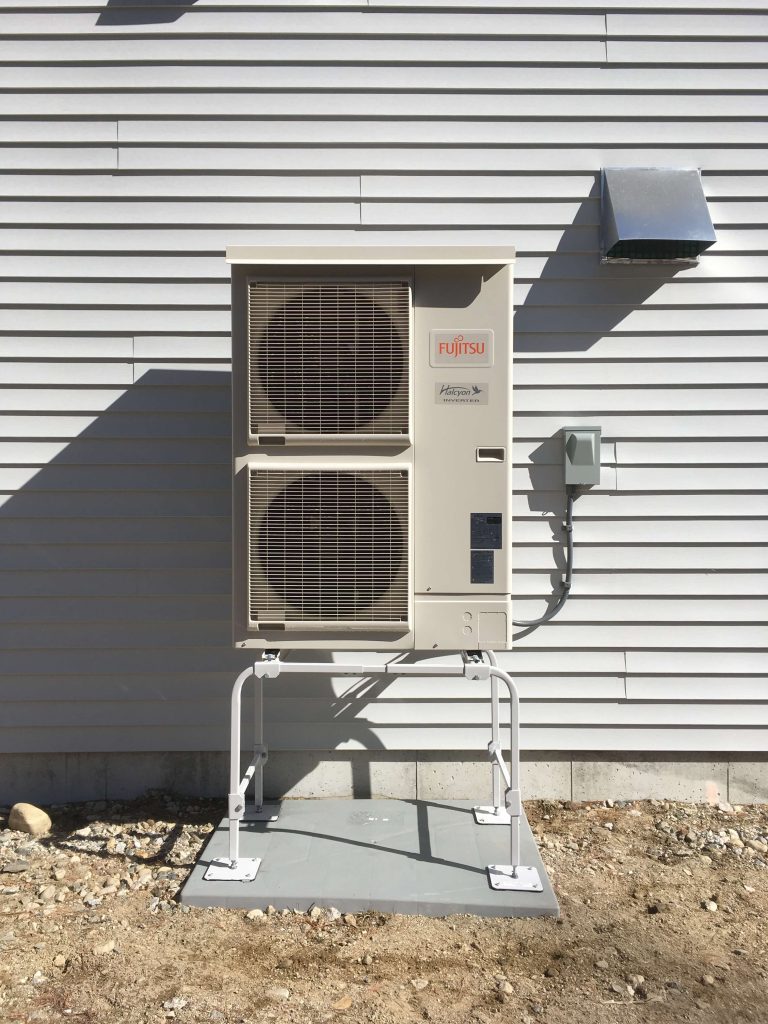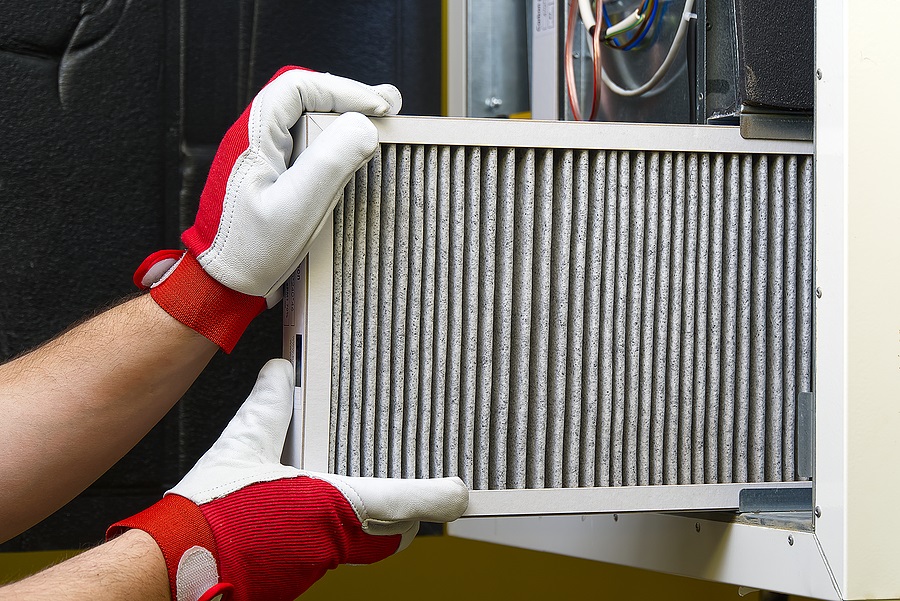HVAC Statistics
Heating, ventilation, and air conditioning (HVAC) systems are essential components of residential and commercial buildings. They also represent one of the largest expenses. These statistics demonstrate the significant impact they have on our planet and wallets.

Updating heat and cooling equipment with Energy Star-certified units can yield annual savings of 10% to 30%. Higher-efficiency equipment can reduce energy consumption by 50% for electric heating and cooling systems.
Nearly half of the energy used in a standard U.S. home is used for heating and cooling.
Newer, high-efficiency heating systems use 30% to 50% less energy to heat a house. This means your home will use fewer fossil fuels each heating season and emit less carbon dioxide.
The majority of our domestic energy is used to heat our homes (61%) with the second largest amount of energy being used to heat our hot water (23%).

Nearly 90% of U.S. homes used air conditioning in 2020.
Every residential central air conditioning unit and air-source heat pump system installed after 2023 must meet new energy efficiency standards.
Heat pump technology reduces energy consumption by up to 45% compared to traditional heating systems.

TIPS
Sealing and insulating air leaks and ducts improve the efficiency of heating and cooling systems by as much as 20%.
You can lower your heating and air conditioning energy consumption by 5% to 15% just by replacing a dirty, clogged filter with a clean one.
The best way to save on heating and cooling is to keep your system properly maintained. Annual maintenance is shown to be the best way to maximize efficiency and increase longevity of a system. You can help keep your system running smoothly by installing a smart thermostat and regularly changing air filters.
If you have questions about your HVAC system or saving energy with updated equipment – please CONTACT US.
Sources:
U.S. Department of Energy
U.S. Energy Information Administration
Energy Star
